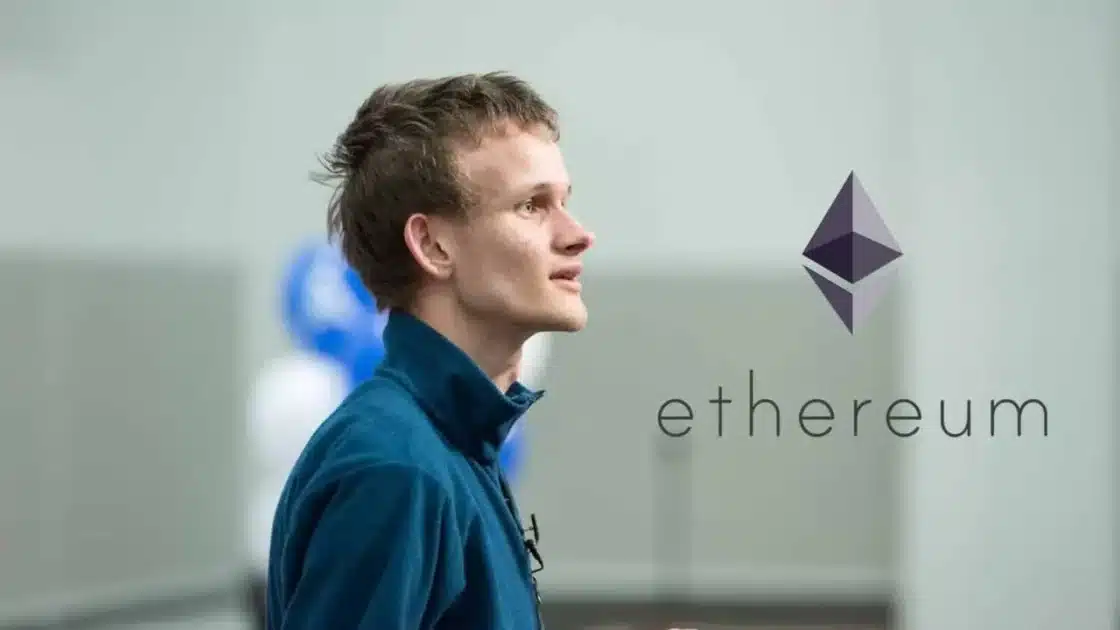- Vitalik Buterin endorses Trustless Manifesto, reaffirming Ethereum’s decentralization vision.
- New manifesto warns against centralization risks as Ethereum scales forward.
- Trustlessness remains vital for blockchain’s fairness, transparency, and openness.
Ethereum founder Vitalik Buterin has officially signed the Trustless Manifesto, a bold declaration aimed at reinforcing the core principles of decentralization and transparency within the blockchain space.
This manifesto, co-authored by Buterin, Yoav Weiss, and Marissa Posner, emphasizes the need for systems that operate independently of intermediaries, ensuring that power remains with the participants rather than centralized authorities.
The Trustless Manifesto asserts that trustlessness is not just a feature but the foundational principle of a truly decentralized network. According to the manifesto, without trustlessness, blockchain systems risk becoming fragile, with efficiency and user experience merely surface-level features masking deeper vulnerabilities. The manifesto calls for protocols that ensure fairness, accessibility, and verifiability, eliminating the need for trusted intermediaries.
Also Read: Can HBAR Keep Its Momentum? $68M ETF Inflows Spark Hedera’s New Rise
The Risk of Centralization: A Threat to Ethereum’s Vision
Vitalik Buterin, in his endorsement of the manifesto, stressed that Ethereum was built to empower individuals by enabling permissionless coordination.
Ethereum, he noted, was never intended to simply improve finance or applications—it was created to give people the ability to act freely and autonomously without relying on third-party validation. However, as Ethereum continues to scale, there are growing concerns about the gradual shift toward centralization.
The manifesto highlights the drift toward dependency on trusted intermediaries, such as hosted RPCs and centralized sequencing in rollups, which contradict the original vision of Ethereum.
These conveniences, while seemingly harmless, could lead to the erosion of decentralization, shifting control back to a few central players. The authors stress that if a system requires users to trust intermediaries or if those intermediaries cannot be easily replaced, the system ceases to be trustless and becomes susceptible to centralized control.
Principles of Trustlessness: Building a Truly Decentralized Future
Furthermore, the manifesto outlines several crucial design principles for maintaining trustlessness. These include ensuring verifiability from public data, eliminating reliance on private information held by a single entity, and making systems accessible to anyone—not just those with specialized infrastructure.
Trustlessness, the authors argue, may come with added complexity and cost, but it is essential for maintaining the resilience, fairness, and openness that define decentralized networks.
In signing the Trustless Manifesto, Vitalik Buterin reaffirms their commitment to building systems that remain open, neutral, and self-sovereign. The manifesto is a call to action for developers and builders in the blockchain space to resist the temptation of centralization, ensuring that trustlessness remains at the heart of Ethereum’s ongoing evolution.
Also Read: Here Are Some Factors to Consider Before Making Your Next XRP Trade Amid ETF Launch
